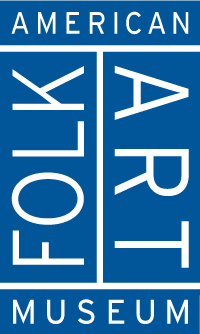Record Details
Assemblage of Crowd Scenes
Artist
Purvis Young
((1943–2010))
DateLate 1970s
Place/RegionMiami, Florida, United States
MediumPaint on found wood
Dimensions98 1/2 × 58 × 2 1/2"
Credit LineGift of T. Marshall Hahn Jr.
Accession number1995.22.2
DescriptionObject information is a work in progress and may be updated with new research. Records are reviewed and revised, and the American Folk Art Museum welcomes additional information.
To help improve this record, please email photoservices@folkartmuseum.org














